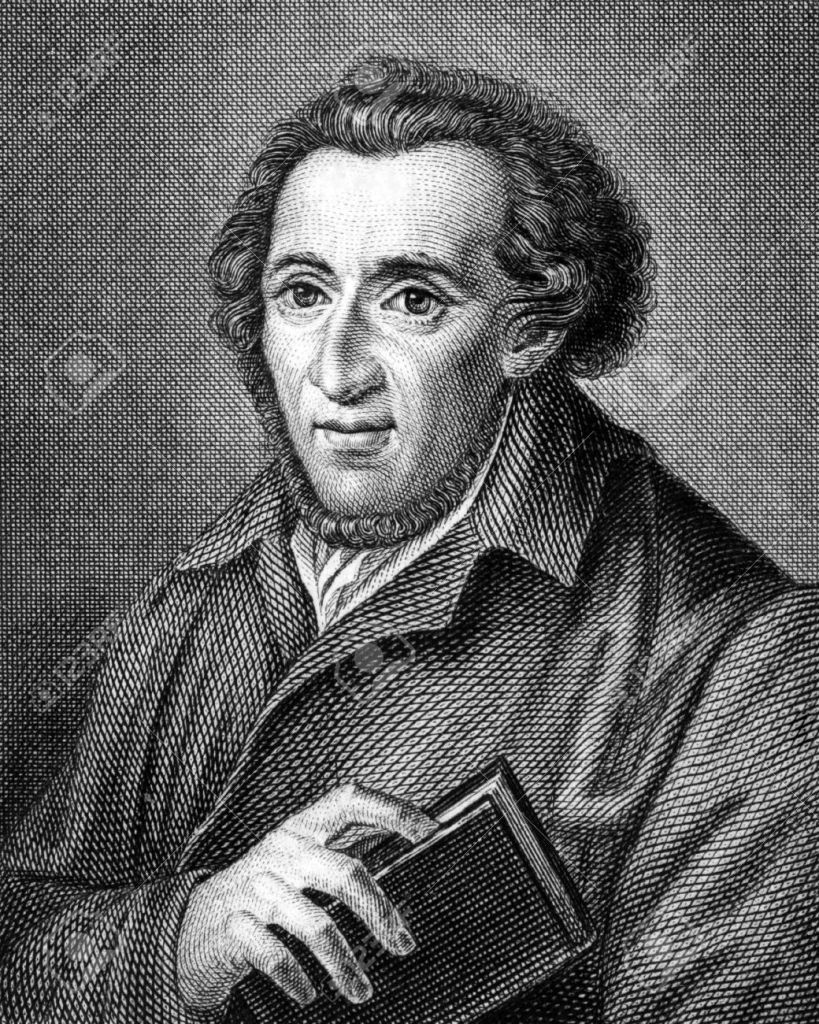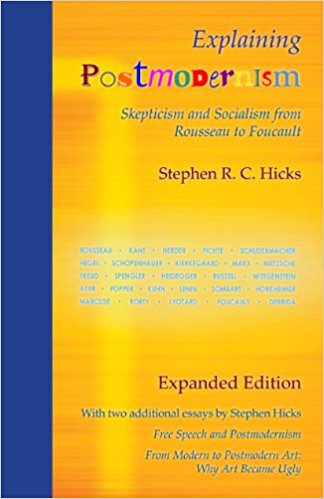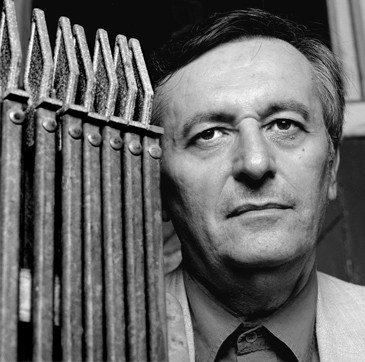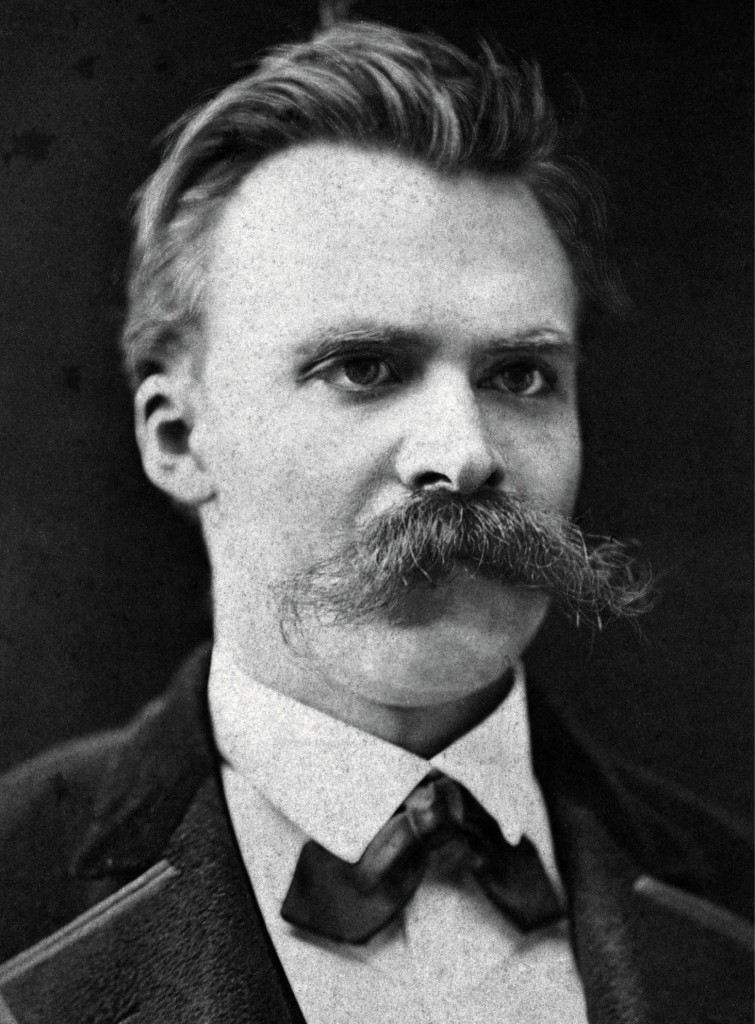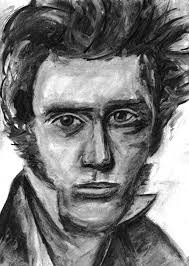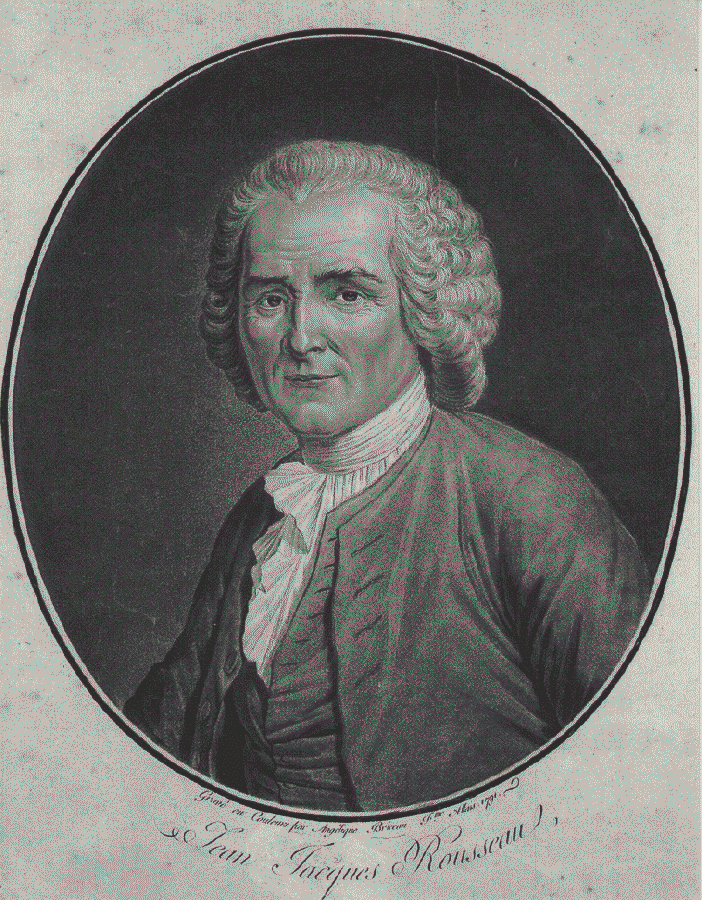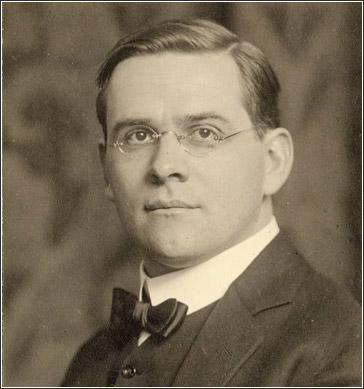Moses Mendelssohn in Explaining Postmodernism
“The all-destroyer” — was how Moses Mendelssohn described his contemporary Immanuel Kant. For more on the context for Mendelssohn’s strong conclusion, see p. 50 of my Explaining Postmodernism: Skepticism from Rousseau to Foucault. Information about other editions and translations is available at this dedicated page.
Moses Mendelssohn in Explaining Postmodernism Read More »
